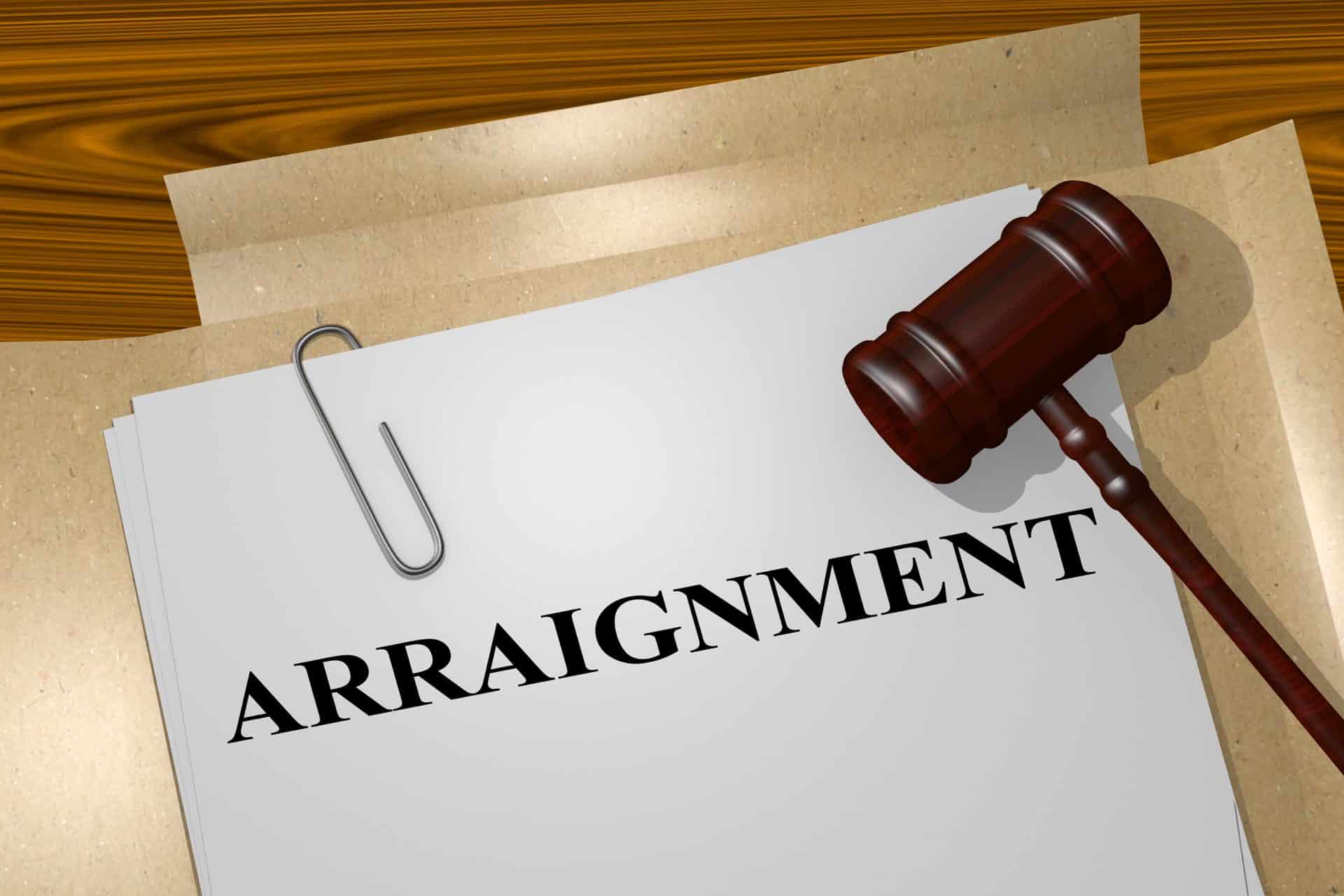
While many of us may have a vague idea of how the Texas juvenile justice system works, it is worth taking some time to understand the various components and programs within the system. Parents may fear that their child could be arrested and immediately sentenced to time behind bars in a juvenile detention center, but the reality is less dramatic and gives families more options to consider, depending on the specifics of the case. However, if you find yourself involved with the Texas Juvenile Justice Department (TJJD) in any way, you should immediately contact a skilled juvenile defense attorney to ensure that your child receives a fair and favorable outcome.
First Steps in a Juvenile Case
Children between the ages of 10 and 16 who have been accused of a felony or class A or class B misdemeanor can expect to be referred to the local juvenile probation department. Depending on the situation, the authority may decide not to formally process the case and instead release the juvenile to a parent, school official, or other adult guardian. For those juveniles who are referred to the juvenile probation department, it’s important to recognize that contacting a juvenile defense attorney at this point is highly recommended.
What to Expect From the Texas Juvenile Probation Department
Once the juvenile’s case reaches the juvenile probation department, several possibilities arise. The case could end up being dismissed, or the juvenile may be given supervisory caution, which may include referrals to various social services agencies or a community-based first-offender program. Alternatively, the juvenile may qualify for deferred prosecution—a voluntary supervision wherein the juvenile, parent, prosecutor, and juvenile court agree to the specific terms of the supervision, which can last up to six months (or more, should the court deem it necessary). If the juvenile violates the terms of the supervision at any time, the court may decide to place the juvenile on adjudicated probation.
Adjudicated Probation For Juveniles in Brazoria County
Under adjudicated probation, the Texas juvenile court will determine the conditions and duration of the supervision. Typically, this court-ordered supervision will last for approximately one year, and a juvenile probation officer will make frequent visits to the juvenile at home, school, or work. It’s common for juveniles on adjudicated probation to participate in counseling sessions or treatment programs. Sometimes, a juvenile will be given a determinate sentence, requiring them to complete their probation through the adult system.
Juveniles who have been adjudicated for a felony offense may also be turned over to TJJD’s care, where they will be required to stay in a state residential facility until they’ve served their term, or until they reach the age of 19. In some cases, the juvenile is then transferred from TJJD to the adult system to serve the remainder of their sentence. In other circumstances, a juvenile can be certified as an adult and transferred directly to the adult system.
No matter where you are in the legal process, we urge you to contact an experienced juvenile defense attorney right away to make sure your child’s rights are protected. Call the Law Office of Keith G. Allen, PLLC at (832) 230-0075 to schedule a free consultation with a knowledgeable Pearland attorney today.





